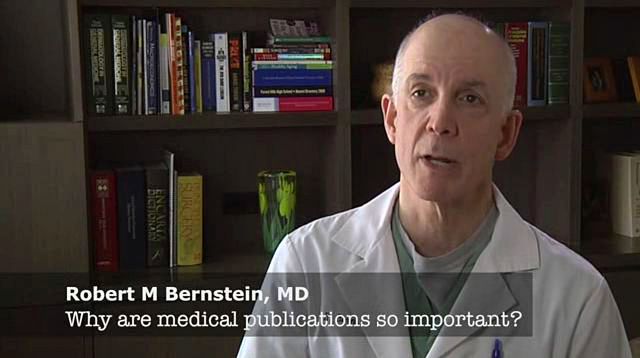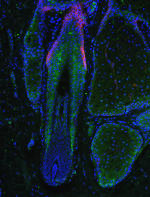Study More Accurately Predicts Severe Balding Risk Using New Genetic Profile
What are the chances that I will go bald? How bald will I be? Can I know for sure? These are among the most common questions we get from patients in our hair loss consultations. Despite extensive knowledge about the mechanisms and causes of androgenetic alopecia (common baldness), the answers to these questions have been a bit hazy. New research has sharpened the focus on the genetic mix that results in hair loss and has enabled more accurate predictions. A study published in February 2017 in the journal PLoS Genetics identified over 250 gene locations newly linked to hair loss. Using this information, researchers more accurately predicted severe balding compared to previous methods.
Study More Accurately Predicts Severe Balding Risk Using New Genetic Profile Read More »








